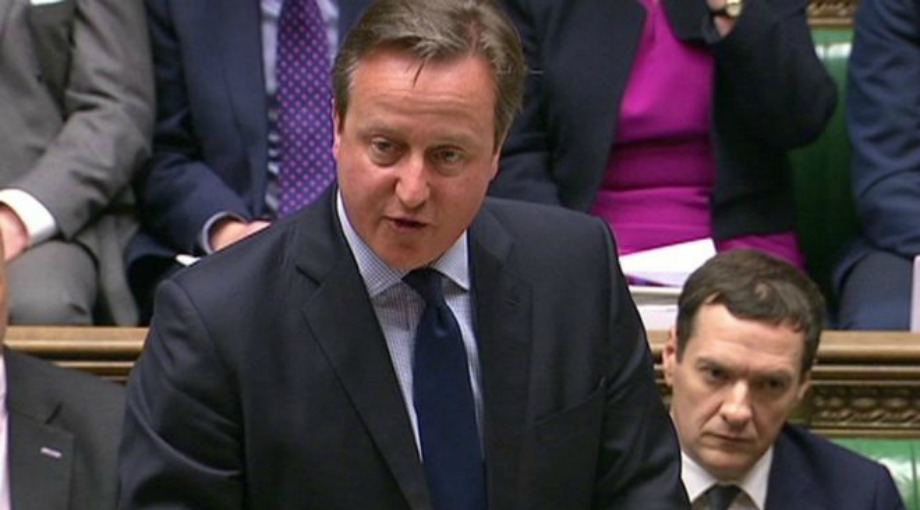British Prime Minister David Cameron has continued to try to defuse public anger over details of his offshore holdings, announcing new steps to make the offshore world more transparent during an address to parliament on Monday.
Addressing the House of Commons on Monday, Cameron pledged to create a cross agency task force to probe Panama Papers revelations and promised to push for new rules that would allow authorities to prosecute corporations that facilitate tax evasion.
He also announced that most of the United Kingdom’s dependencies, including the British Virgin Islands and the Cayman Islands, have agreed to provide full access to information about the beneficial owners of offshore companies. The information would be made available to law enforcement and tax authorities but not necessarily to the public.
“We think that’s the right way to go,” the beleaguered Cameron said, and added that the U.K. dependencies should be recognized for how far they have gone in comparison to other secrecy jurisdictions. “They’re well ahead of some states in the United States of America,” he said at one point.
Cameron, who initially responded to information about his father’s offshore investment fund with careful, narrowly worded responses finally said last week that he had profited from shares in his father’s Blairmore fund, shares of which he sold shortly before becoming prime minister.
Cameron’s approval ratings dropped in wake of the revelations, according to the Guardian, and on Saturday protesters calling for Cameron’s resignation rallied outside Downing Street.
Responding to growing public pressure for more transparency, Cameron released his personal tax records on the weekend, which revealed that his mother had transferred £200,000 to his accounts, divided in to two payments to avoid potential inheritance taxes.
In retrospect, Cameron said, “I could have handled this better.”
“As the revelations in the Panama Papers have made clear, we need to go further,” he told the House of Commons. He also congratulated the journalists who revealed the corporate arrangements that have made life hard in the last week for many politicians, including the prime minister of Iceland, who resigned after news about his offshore holding ignited massive protests.
Cameron’s critics have not been mollified by his actions, arguing that he needs to do more. “The U.K. is at the heart of the global tax avoidance industry,” said opposition leader Jeremy Corbyn. “It’s a national scandal, and it’s got to end.”
Following Cameron’s lead, Chancellor George Osborne, leader of the opposition Jeremy Corbyn and London mayor Boris Johnson also released their own income and tax records. Corbyn paid a fine earlier this year for filing his tax return a week late.
Protests in Malta, Iceland
The prime minister of Malta has also been under pressure because of the offshore holdings of two of his top aides. Several thousand demonstrators rallied by the opposition Labour Party called on Prime Minister Joseph Muscat to resign on the weekend.
The Panama Papers revealed that Health and Energy Minister Konrad Mizzi held a company in Panama and a trust in New Zealand and that the prime minister’s chief of staff Keith Schembri held a company and trust in Panama.
Mizzi said that the company was acquired to hold a London property. He has asked Malta tax authorities to audit his finances and has said he will close the company when the audit is complete. Schembri has said his offshore holding predated his government post and that he handed over its management in 2013 when the government was elected.
Protests also continued in Iceland, where Prime Minister Sigmunder David Gunnlaugsson resigned last week following revelations he had failed to publicly declare his family’s own interests in an offshore company.
On Friday Iceland’s parliament voted against dissolving the parliament and holding a snap election, instead opting for an early election in autumn. Fisheries Minister Sigurdur Ingi Johannsson has been named Gunnlaugsson’s replacement.
Read more about the impact from ICIJ’s investigations, and find out how you can support ICIJ’s work
Find out first! Receive ICIJ’s investigations by email
